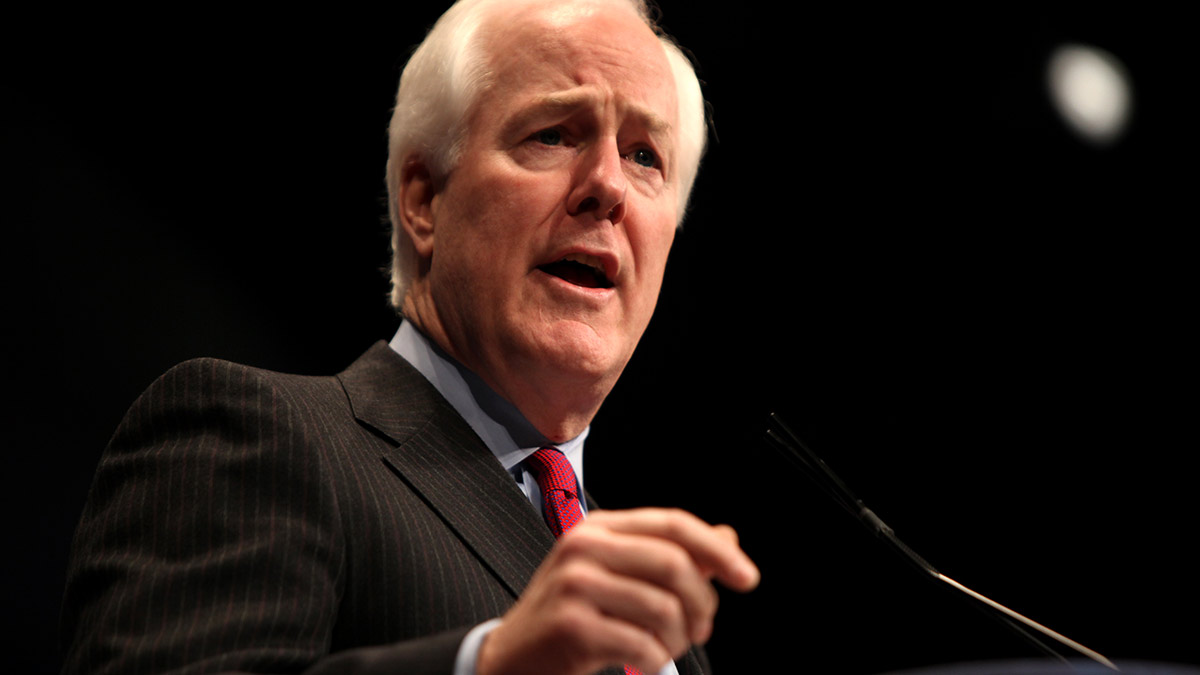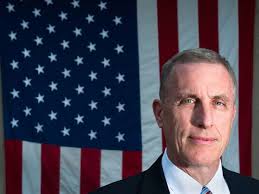
(5-10-16) How many more horror stories need to be told?
It’s time for us to stop the inappropriate jailing and imprisonment of persons with mental illnesses.
On April 17, CBS 60 Minutes broadcast a segment that showed how prisoners with mental illnesses were being neglected and abused at Rikers Island in New York.
On May 2, The New Yorker published MADNESS by Eyal Press, which tells how mentally ill prisoners in Florida have been tortured, driven to suicide and killed by correctional officers.
The nurses said that Rainey had been locked in a stall whose water supply was delivered through a hose controlled by the guards. The water was a hundred and eighty degrees, hot enough to brew a cup of tea—or, as it soon occurred to Krzykowski, to cook a bowl of ramen noodles. (Someone had apparently tampered with the T.C.U.’s water heater.) It was later revealed that Rainey had burns on more than ninety per cent of his body, and that his skin fell off at the touch.
There is a promising national effort underway. Stepping UP: A National Initiative to Reduce the Number of People with Mental Illnesses in Jails was launched last year by the Council of State Governments Justice Center, the National Association of Counties, and the American Psychiatric Association Foundation. It is a great effort.
But I believe we need to set an achievable goal. In February, I asked Washington area management consultant Steven Kussmann to suggest ways the mental health community could be more effective. His number one recommendation was defining an actionable goal.







